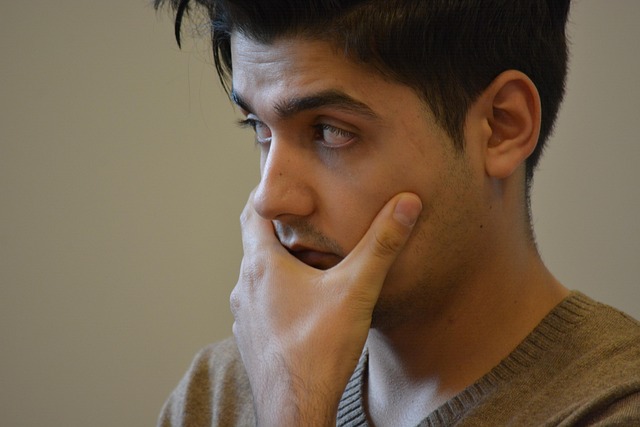In our quest to understand the essence of existence, skepticism has emerged not just as a philosophical stance, but as a life tool that challenges us to question everything around us. It’s a hallmark of modern philosophy, driving us to examine the foundations of our beliefs and the nature of reality itself.
Throughout history, science has served as a beacon of skepticism, urging us to look beyond appearances and dogmas. The scientific method, with its foundations in observation, experimentation, and rational inquiry, embodies a skeptical outlook that demands evidence before accepting claims as truth. This rigorous approach is essential in breaking down the layers of thought that encapsulate various existential dilemmas.
Modern philosophy further complicates and enriches this view. Thinkers like Descartes, Kierkegaard, and Nietzsche have paved diverse pathways of skepticism, each inviting us to grapple with our innermost beliefs. Descartes famously initiated his meditation with “I think, therefore I am,” which itself is a skeptical assertion about existence. He dismantled preconceived notions to arrive at a foundation that could not be doubted, illustrating how skepticism can ultimately lead to self-realization.
Conversely, existentialism—rooted in the skeptical questioning of traditional philosophical and religious perspectives—forces us to assess the absurdity of life. Figures like Sartre and Camus explored themes of freedom and choice within a seemingly indifferent universe. Their works resonate profoundly with anyone wrestling with the concept of meaning in a world where certainties evaporate. When the foundations of reality are shaky, one’s existence can feel like a solitary journey, filled with doubt yet rich with possibility.
The relationship between skepticism, science, and modern philosophy encapsulates a deeper understanding of our existence. In an age dominated by information overload and constant change, embracing a skeptical mindset allows us to navigate our realities with clarity and purpose. It calls us to question not only the external world but also the narratives we create within ourselves.
As we delve into these subjects, it’s crucial to recognize that skepticism is not merely a rejection of ideas but a pathway to deeper understanding. It invites dialogue, introspection, and ultimately, a richer grasp of the human condition. By engaging with the uncertainties of life through a skeptical lens, we can assert our agency in shaping our destinies amid chaos. In navigating the complexities of existence, skepticism becomes our ally in the search for authenticity and meaning.
From the empirical grounding of scientific inquiry to the abstract musings of modern philosophical thought, the act of questioning remains an indispensable tool. The world may often feel overwhelming or absurd, yet within this uncertainty lies the spark of existential exploration, where skepticism can lead to profound revelations about ourselves and the world around us. It is this interplay of doubt, inquiry, and understanding that enriches our experience of existence, urging us toward a more mindful engagement with the mysteries of life.




